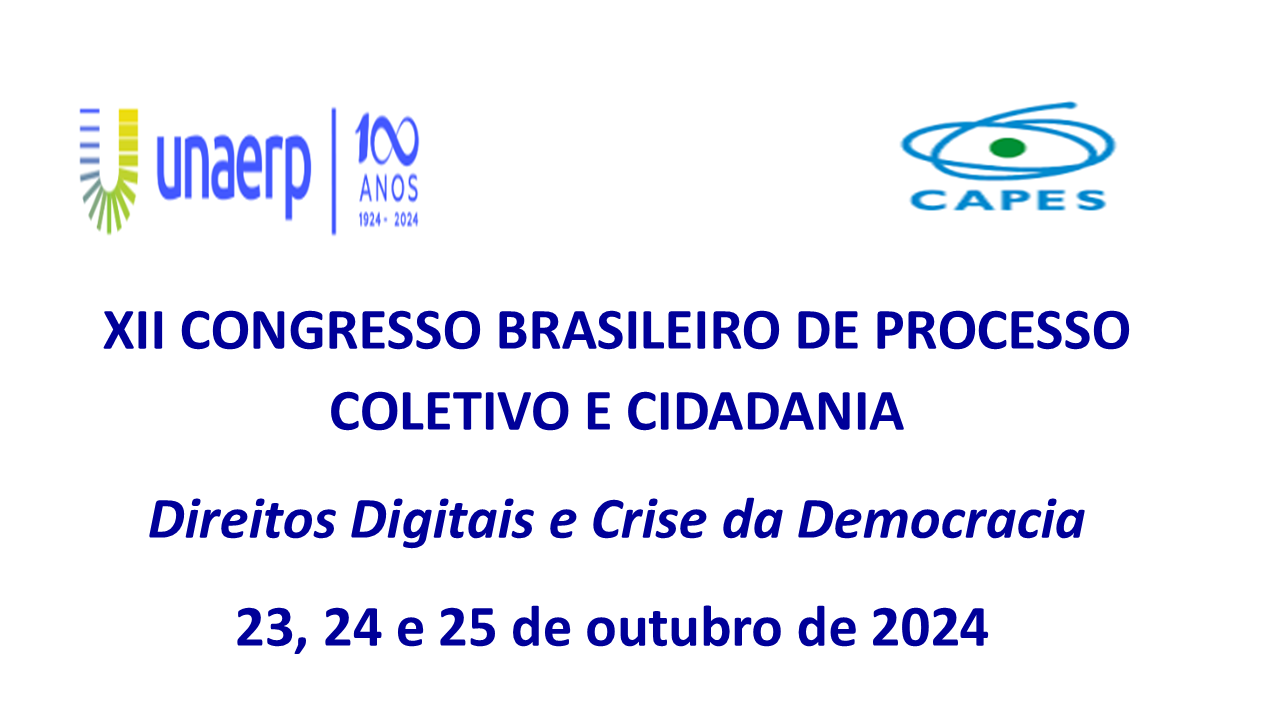SANEAMENTO BÁSICO E OBJETIVOS DO DESENVOLVIMENTO SUSTENTÁVEL 6 NO BRASIL: PERSPECTIVAS TEÓRICAS
Abstract
ABSTRACT
Basic sanitation is essential to guarantee the dignity of human life and to promote health and environmental quality, so the lack and/or inefficiency in the provision of its services mainly affects the population in situations of social vulnerability. The universalization and democratization of these services are being discussed in current legislation and are essential to guarantee sustainable development. Therefore, the general objective of this work is to analyze the current situation in the provision of water supply and sewage services in Brazil, with an emphasis on the universalization of services and the achievement of the 2030 Agenda, in particular the Sustainable Development Goal (SDG). ) 6 (Drinking Water and Sanitation). This descriptive research, with a qualitative approach, uses content analysis as a method, by Bardin (2011), with a secondary basis of information collected on the National Sanitation Information System (SNIS) platform. The 2030 Agenda is a global plan with the motto of leaving no one behind, it contains 17 SDGs and 169 goals, with a time horizon until the year 2030. The results of this study indicate a drop in the city's water supply index. population, small progress in sewage services and lack of connection to the water and sewage network, among other problems that interfere with the universalization of sanitation and, therefore, the achievement of goals 6.1 and 6.2 of SDG 6.
Keywords: Water supply. Sanitary sewage. Universalization. Agenda 2030. Sustainable Development Goals.
Downloads
Published
How to Cite
Issue
Section
License
Copyright (c) 2024 Anais do Congresso Brasileiro de Processo Coletivo e Cidadania

This work is licensed under a Creative Commons Attribution-NonCommercial-NoDerivatives 4.0 International License.
